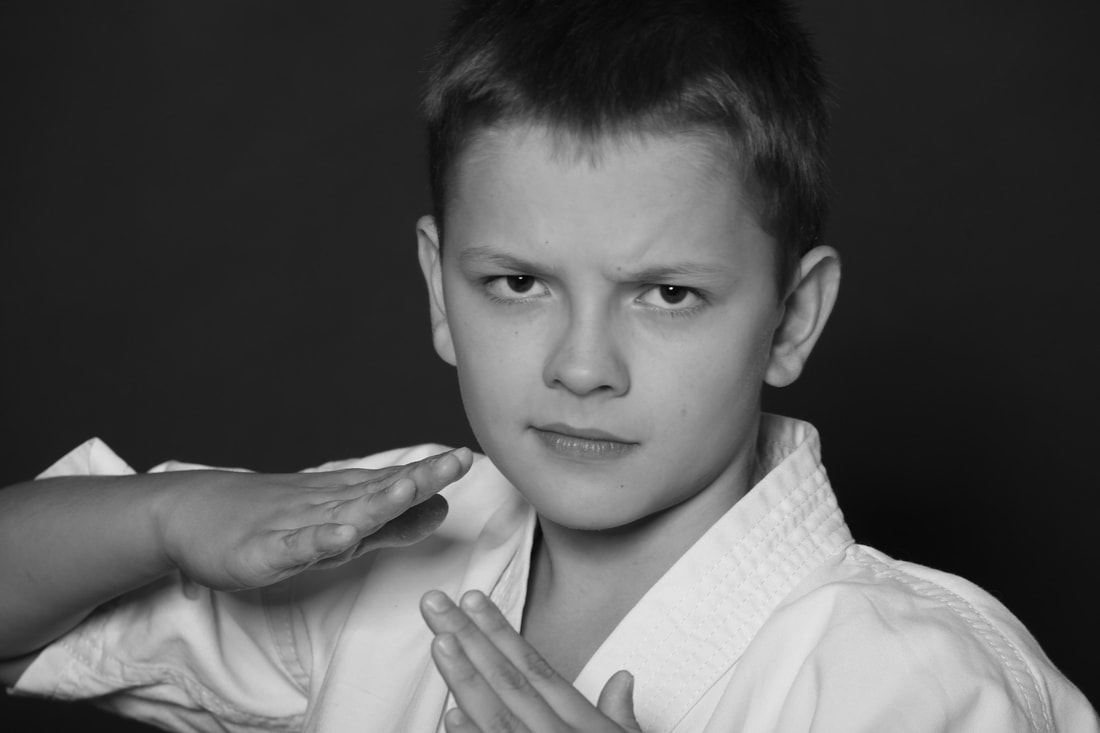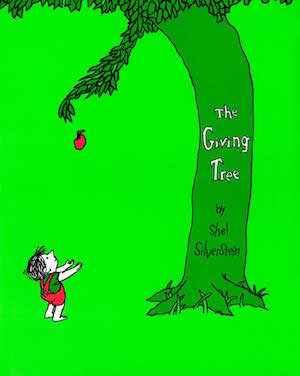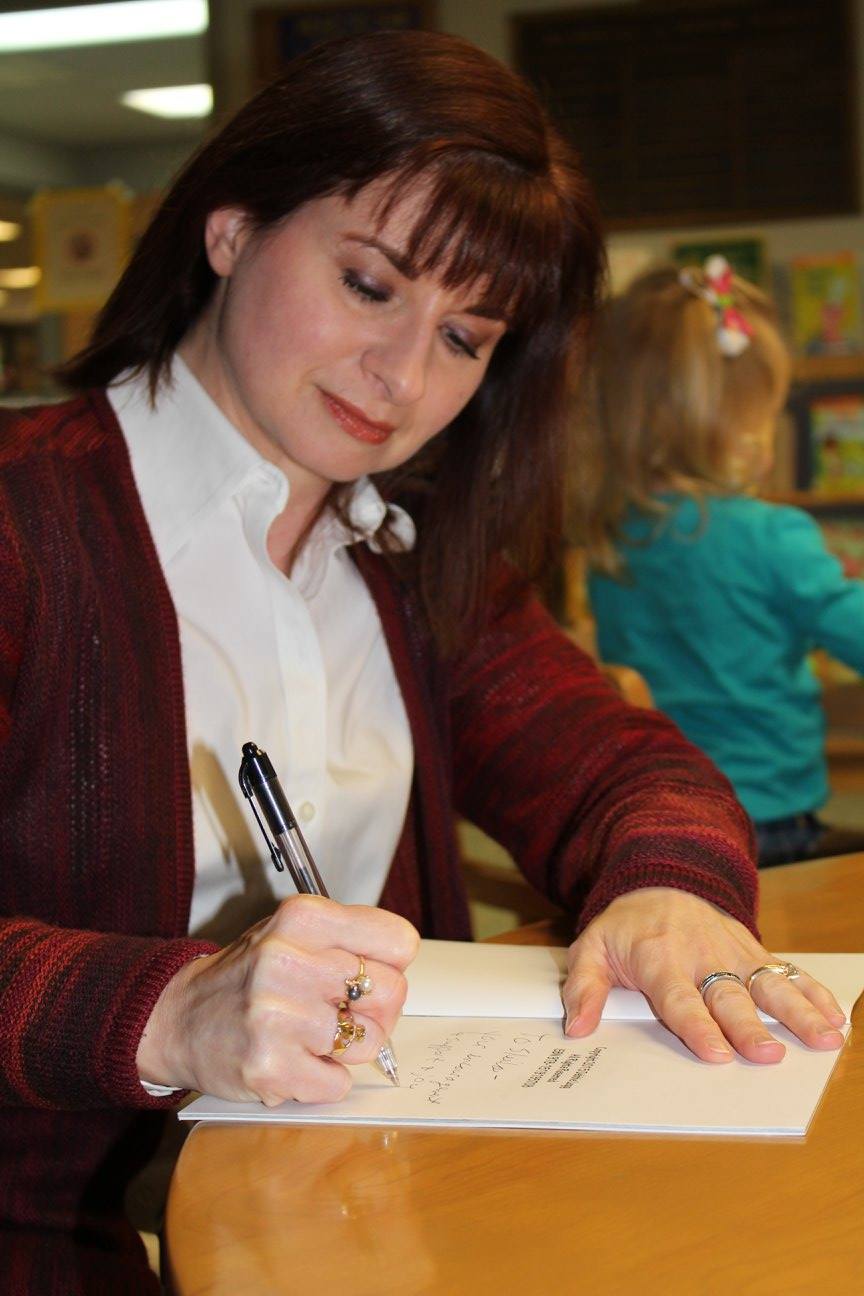|
Of all the books I’ve read, these have made the biggest impact in my life. Some have even saved it. For my non-Christian readers, this list is all faith-based books. Even so, the information in them resonates far beyond religion, so don't blow them off. And not to worry, I have other lists planned which include non-faith-based ones, so stay tuned. These are books every Christian (and every person) should read. Total Forgiveness by RT Kendall No one gets out of this life unscathed. You WILL be hurt. Deeply. Profoundly. What you do with that pain determines the quality, and even quantity, of your days on this planet. Totally forgiving people is the hardest thing Christians are commanded to do, but also the most freeing. Kendall not only gives the why but most importantly, the how. Based on a thorough study of scripture inspired by his own painful experience, this book is a must read, and must do, for anyone who claims to follow Christ. Beautiful Outlaw by John Eldredge “Reading the Gospels without knowing the personality of Jesus is like watching television with the sound turned off.” I’ve read several of Eldredge’s books and would recommend all of them, but this one had the greatest impact on me. Christians claim to love Jesus, but we can’t really love someone we don’t really know. Eldredge shows us “Jesus with skin on” – His playfulness, fierceness, extravagance. My favorite part is when he talks about turning the water into wine. Completely eye- and heart-opening. If you read no other book on this list (except the last one), read this. Heaven by Randy Alcorn We spend more time learning about our vacation destinations than about where we will spend The Vacation to End All Vacations, eternity. Forget harps, clouds, and never-ending church services. This is beyond all we can ask or imagine. I heard Alcorn interviewed about this book and picked it up. I didn’t realize it was 473 pages (small print, not including two appendices and footnotes). Seriously, how can anyone find enough information about heaven in the Bible to write 473 pages? Alcorn does, and boy howdy, it’s well worth the time. My favorite section is entitled Will We Drink Coffee in Heaven? (I know, you’re not surprised) Captivating by John and Stasi Eldredge and Lioness Arising by Lisa Bevere Why were women created? To be “helpmeets?” To bear children? To be second-fiddle, second-rate men? Two books full of truth and encouragement with differing styles. Captivating gently fills your heart with identity and healing. Lioness Arising pumps your blood with purpose. Read them both, and I recommend Captivating first. Disappointment with God by Philip Yancey After infertility and severe depression, my faith came this close to flatlining. I hadn’t turned my back, but I was definitely and defiantly keeping my distance. I felt more than disappointed with God. I felt betrayed. Everyone will experience God not behaving the way we want Him to. This book saved my faith. Yancey answers “three questions no one asks aloud: Is God unfair? Is God silent? Is God hidden?” Outside of the Bible itself, this is the most important book I’ve read, and largely responsible for the person I am today. Read it. You’ll thank me. In A Class All By Itself: The Bible If you know me at all, you knew this would be number one. The thing no one tells you is that it’s best to read it cover to cover, like a novel, not picked apart like an Encyclopedia (remember those?). When read like a book you realize themes, important chronology, context, and especially the heart-rending full-on character development of God, Mankind, and our complicated roller-coaster ride from In the Beginning to the New Heaven and Earth. This is YOUR story. YOU are in this book. If you do nothing else in your entire life, read the Bible, through in a year if you can at all (and you definitely can). This is the very best thing I do. Nothing has made, or can make, such a difference, right down to your DNA. So there you go. Which have you read? Which should I have left off? Which should I add? I’d love to hear from you. Thank you for reading, sharing, and commenting. If you’d like to receive these posts and updates in your inbox, please head to the Contact Page to subscribe.
1 Comment
When our older son was learning Kung Fu San Soo we bought him the original 1984 Karate Kid movie. When the scene where all of Daniel’s “training” comes together came on, I pointed it out to him. We marveled at the revelation of the blocking movements he learned, but our son said there was a lesson in the scene far more important than those blocks. “Mr. Miyagi kepts saying, ’Look eye. Always look eye,’” he said. “One of the very first things they teach you is to look your opponent in the eye, never at his hands or feet. If you focus on his hands you’ll miss his feet, and vice versa. If you focus on his eyes, you will be able to see everything you need to in your peripheral vision.” That concept resonated with me. I struggle with focus. One theme, in this season of my life, is keeping all the plates spinning. Be sure everyone is where they need to be, when they need to be, with everything they need and are fed, clothed, clean, and as mentally and emotionally stable as possible. Distraction, or even choosing which plate to focus on, is a constant struggle. Imagine the number of plates Jesus had and how focused He had to be. Without money, power, status, a college degree, social media, and with no fixed address, He had three years to turn twelve knuckleheads (as John Eldredge fondly refers to the apostles) into world-changers. His focus had to be incredible. In John 5:19 He says, the Son can do nothing by himself; he can do only what he sees his Father doing, because whatever the Father does the Son also does. (NIV) Later in John 12:49 He says, I don't speak on my own authority. The Father who sent me has commanded me what to say and how to say it. (NLT) Oh to be so in the moment, the flow, that you know second by second the best thing to do and say. I can picture Him walking the road from Galilee, stopping to heal blind eyes while blocking and throwing off Pharisees, raising His hands and calmly but firmly parting the angry crowd without even a roundhouse kick or a “hi-YA!” I wonder if Grand Master Jesus wore His tenth-degree black belt under His robes. With focus like that we could deeply and effectively love on those in front of us while pummeling fear, doubt, and worry. It’s certainly something to wax on. #focus #heisnotwhatyouthink #jesusninjathisiknow Thank you for reading, sharing, and commenting. If you’d like to receive these posts and updates in your inbox, please head to the Contact Page to subscribe.
Once there was a tree…and she loved a little boy. This book has been in my life for literally decades. Always the context has been that this is what unconditional love and self-sacrifice look like. I’m not sure exactly what triggered the realization that it’s a far cry from a healthy relationship, but a quick Google search confirms I’m not the only one who thinks so. A quick synopsis: Tree and boy love each other. Tree gives herself (literally) throughout his life until she has nothing left. Boy takes from tree with nary a thank you much less a thought to tree’s well-being. See what I mean? Unhealthy at the very least. Abusive is closer to what I’m thinking. We’ve been fed this distorted view of love all this time. Yes, Love is unconditional and self-sacrificing, but it’s about far more than making someone happy, especially at the expense of your own health and well-being. It’s helping someone become all they are capable of being, knowing that when they are learning and growing in that way, happiness is a natural byproduct. And so I wondered…if The Giving Tree portrayed a healthier and more complete picture of unconditional love and self-sacrifice, what would the story be? SUMMARY TO THIS POINT: Boy and Tree love each other, but Boy wants more out of life. Tree offers her apples to sell. Boy does so, returning years later. ---------- “Hello, Boy! I am so happy to see you! Did selling my apples bring you money and happiness?” The boy stood, hands in his pockets. “It did for a while,” he admitted. “I sold the apples and bought things, and I was happy for a while, but it hasn’t lasted. I want more.” The tree wanted the boy to be happy. She knew that with his kindness, courage, perseverance, and love for nature, he could do great things, which would make him happier than more things. “Happiness comes from being who you are. When you are the most you, you are the most happy. When in your life have you been the happiest?” asked the tree. The boy thought for a long time. “Here with you, when I would climb and play and eat your apples.” The tree and the boy thought and thought until the boy’s legs and back became tired. He lay down in her shade, and fell asleep. He had a dream. He hadn’t had a good dreamy dream in a very long time. When he woke, he knew what he needed to do. The boy and the tree made a plan. The boy planted some of the tree’s seeds nearby. He fed and watered them until they became saplings. Then the boy went to the schools and talked about his friendship with the tree. He invited some of the children to help take care of the saplings. The children smiled and caught his dream. It became theirs as well. The boy and the children took care of the saplings, and finally they were large and strong. The children climbed their trunks and swung from their branches and ate apples and slept in their shade. And the tree was happy. The boy was happy. The trees and the children were happy. ---------- Love adds instead of subtracts, multiplies rather than divides. It builds. It shares. It wants what is best for all those it loves. And this truer definition of love means trees don’t become stumps and boys don’t grow into lonely old men. Thank you for reading, sharing, and commenting. If you’d like to receive these posts and updates in your inbox, please head to the Contact Page to subscribe.
I have pads of Post It notes stationed all over the house: several place in kitchen, my night stand, my bathroom, even my car. With so many things going on, creative ideas popping up whenever they feel like it, and my memory being what it is, they are as necessary to my survival as caffeine. The problem is when I have a Post It but not a pen. Or worse, when I have a crappy pen. When I wrote my children’s book a couple of years ago I found a good pen for signing, one that writes smoothly and doesn’t smudge. I bought a box. I liked them so much more than the pens I had been buying, and especially better than most of the ones you receive as advertising. I became a bit of a pen snob. My thoughts were too important, and my handwriting too atrocious, to struggle with crappy pens. So I strategically positioned my preferred pens around the house, where I could find them but my family could not (What’s that? I’m selfish? Sometimes). Slowly though, my pens migrated all over the house, and not by me. Worse, I’m finding crappy pens in their place. Perhaps it shouldn’t be, but it’s really aggravating. You may be reading this and thinking, “Does she seriously think I CARE about her PEN PREFERENCES?” Stick with me, I do have a (ball)point. Here’s the usual scenario: Get brilliant idea. Find Post It pads where I leave them. Start to pick up good pen but it’s not to be found. Wonder where my good pens are as I search through the pile of crappy ones until I dig up a good one, IF one is there. Finally settle for a crappy pen. Start to write down brilliant idea. Stare at Post It. Blink eyes. Rattle brain. Fume at myself for losing the brilliant idea while searching for a good pen. So, I have heretofore banned all crappy pens from my kingdom and domain. Except the ones my husband loves, and those seem to stay in his office. How he does that is beyond me. I bought two boxes of my favorite pens and the crappy pens have been donated to a worthy cause. Do I feel kind of silly? Truthfully, yes. But I consider it an investment in myself. Crappy pens mean lost ideas and sanity. Good pens mean I keep both. Whatever it takes to help me focus. And that’s really the bottom line for me. Why waste my extremely limited time and energy being frustrated by something I can easily and cheaply remedy? Even low level frustration makes me more likely to snap at my family, or at least grumble and complain. Frustration makes it harder to love well. Loving well is worth a few extra bucks for good pens. And reaching for a good pen keeps me from reaching for a sword. Thank you for reading, sharing, and commenting. If you’d like to receive these posts and updates in your inbox, please head to the Contact Page to subscribe.
|
Applying nature's principles and systems to personal and cultural development.About CommentsI love to read comments and know how my work is helping you. Please respond with your first AND last names. Anonymous comments will not be read and may be deleted.
Archives
July 2022
Categories
All
|





 RSS Feed
RSS Feed